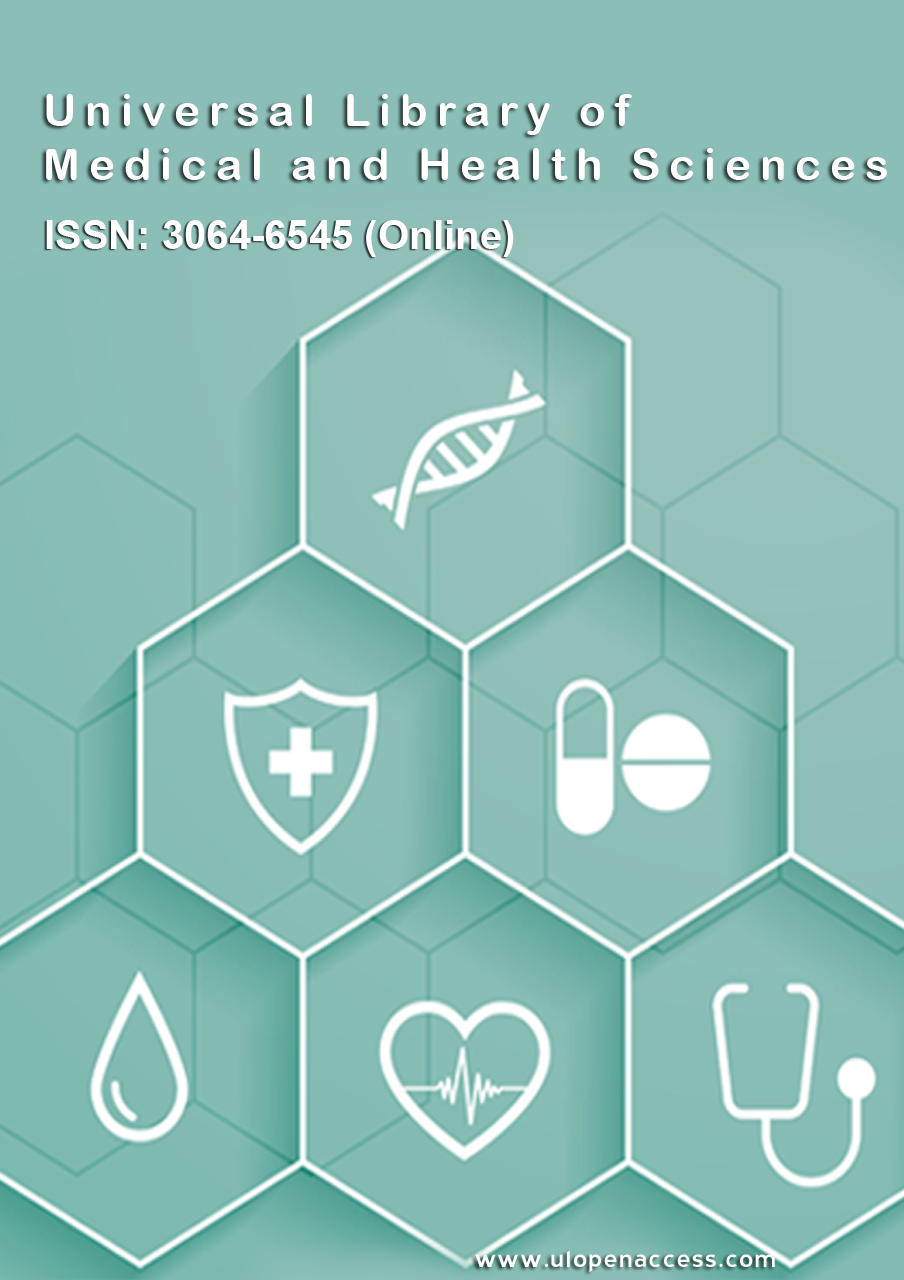The Effectiveness of the Constraint-Led Approach in Developing Medical Procedural SkillsK. Taraporewalla, P. Barach, J. Lipman, A. Van Zundert Citation: K. Taraporewalla, P. Barach, J. Lipman, A. Van Zundert, "The Effectiveness of the Constraint-Led Approach in Developing Medical Procedural Skills", Universal Library of Medical and Health Sciences, Volume 02, Issue 02. Copyright: This is an open access article distributed under the Creative Commons Attribution License, which permits unrestricted use, distribution, and reproduction in any medium, provided the original work is properly cited. AbstractBackground: The constraint-led approach is new for teaching clinicians motor skills most utilised in sports, physical education, and rehabilitation medicine domains. Thus far, it has not been used to teach medical procedural tasks. This mixed methods study explores how the constraint-led approach can teach a complex medical procedural task, ultrasound-guided peripheral venous access. It compares its effectiveness in teaching novice performers to an established blended training course employing a traditional cognitive approach. Methods: Medical students were taught using the constraint-led approach, and practising clinicians (control group) completed a blended course utilising a cognitive approach. Teaching effectiveness was assessed by measuring the time required to perform the task on a manikin simulator. Results: The median time to complete the task for the medical student group was 623 seconds (IQR 470-783) compared to the control group time of 724 seconds (IQR 624- 1002), with a p-value of 0.73. The self-rated medical student group’s confidence in performing the task was significantly greater after the training than in the control group, with a p-value of 0.023. Conclusions: The Constraint-Led Approach is as effective as conventional teaching for a complex medical procedure. Further research is needed to assess the effectiveness and sustained learning benefits of teaching medical procedures in different participants, environments, and tasks. Keywords: Constraint-Led Approach, Effectiveness, Medical Procedural Skills, Teaching, Ultrasound-Guided Cannulation. Download |
|---|

